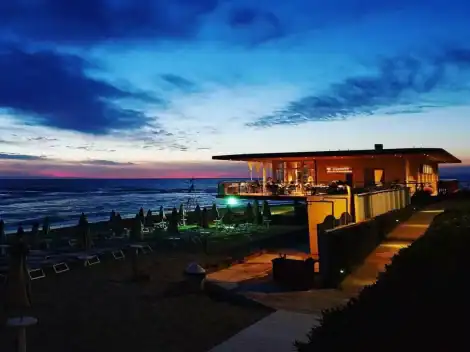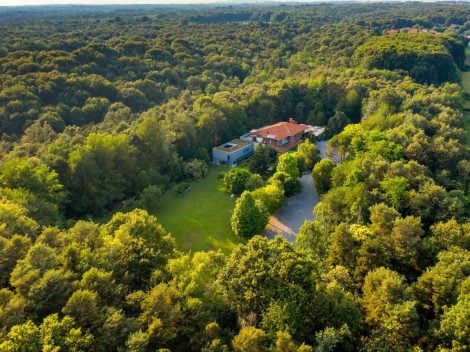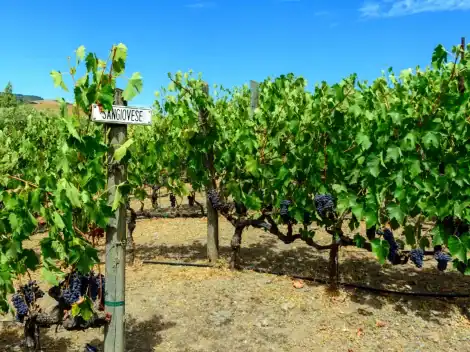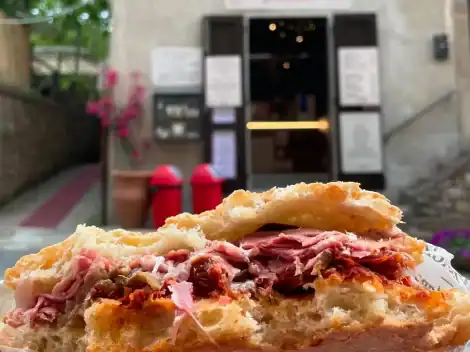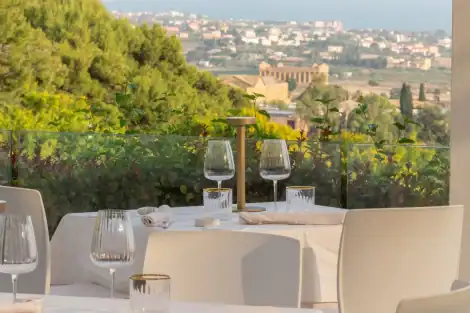Paolo, Simone, and Beatrice Di Gaetano have become leading figures in Tuscan and national olive growing, thanks to decades of passion and devotion to the olive trees their parents decided to plant in the late 1970s. Today, thanks to their dedication, their venture includes not only the olive grove and a state-of-the-art mill but also an agritourism and a vegetarian restaurant, exporting their self-produced green gold to about thirty countries worldwide. Their path of excellence has led them to receive numerous awards, including this year's "Best Medium Fruity" for their Riflessi Monocultivar Maurino in the Oli d'Italia 2024 guide. We spoke with Paolo Di Gaetano about their journey.
From Milan to Castagneto Carducci: a one-way trip
“Fonte di Foiano was founded in 1979 when our parents, Michele and Marina, decided to change their lives and leave Milan. Since then, the company has evolved continuously, from the first labeled bottle in 1983 to the on-site mill with millstones in 1990, which was later replaced in 1997 with a modern continuous cycle plant. Over time, research on individual varieties and blends developed, leading to the current range of oils with well-defined characteristics,” Paolo Di Gaetano tells us.
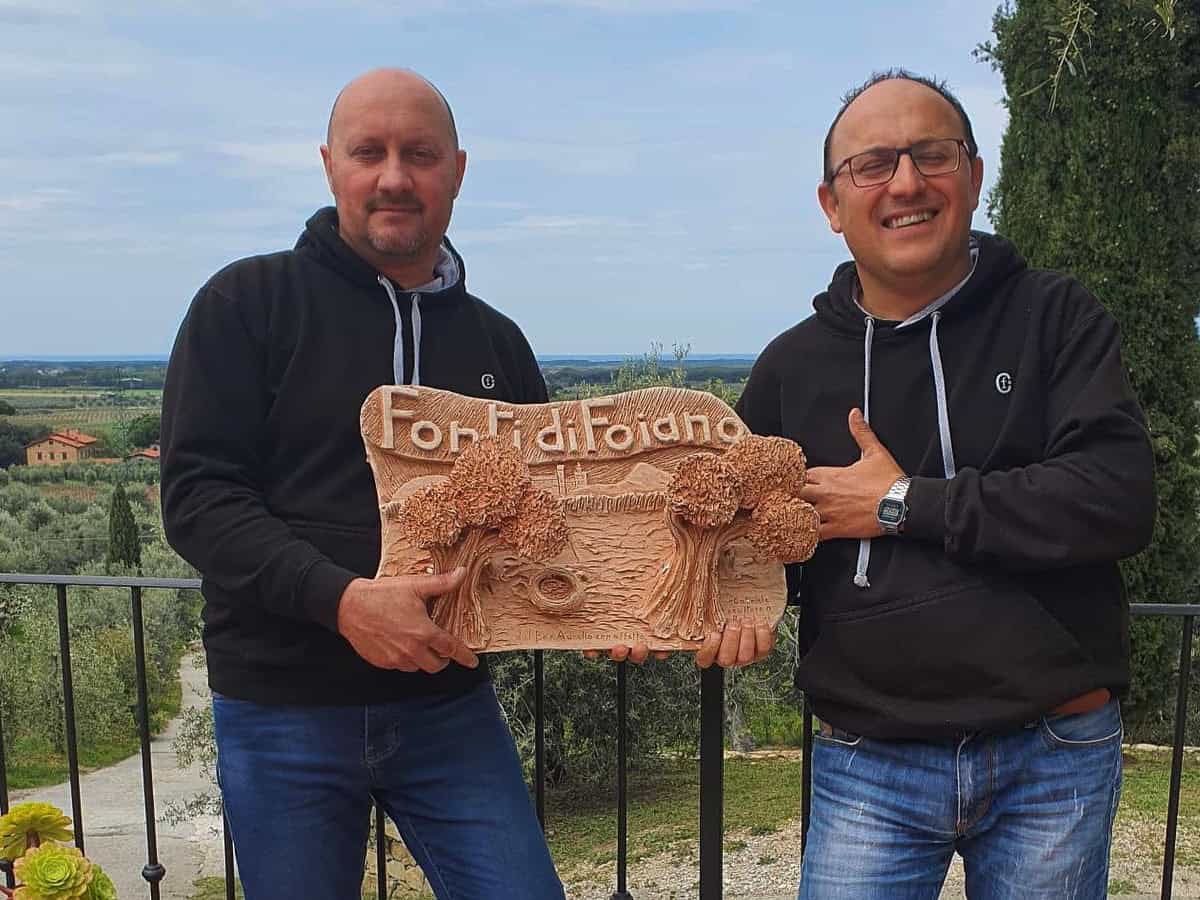
Enhancing the Maurino variety
Over the years, the company's growth has also involved enhancing native cultivars such as the Maurino, which the Di Gaetano family has continuously studied year after year to understand the best extraction methods to highlight its organoleptic characteristics. “We have always believed in the Maurino variety; the first olive trees were planted in 1986 at our father's behest, who always liked it as a variety, though it was then considered just a pollinator. We realized its potential about fifteen years ago when we began processing it as a monovarietal with a Mori-Tem plant, with which we have a very active collaboration. Initially, it was used in a blend, but later we decided to bottle it on its own under the Riflessi label, launched in 2015, which has brought us great satisfaction. For this reason, we recently planted another two thousand trees of Maurino and Leccio del Corno, two magnificent Tuscan varieties that represent our territory and its characteristics.”
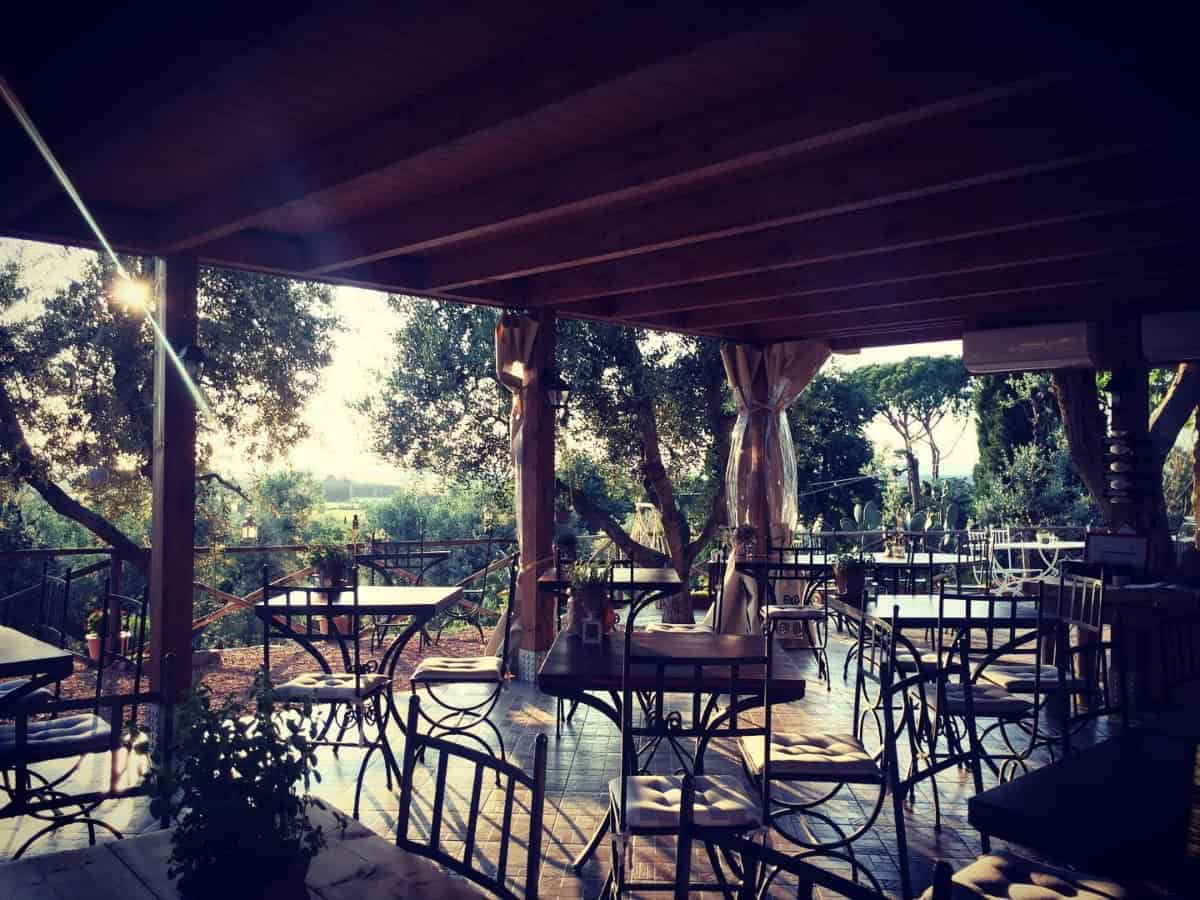
The vegetarian restaurant and agritourism
Visitors come not only to purchase the precious green gold or admire the olive grove and avant-garde mill, but they can also stay for a relaxing and gastronomically delightful visit. The farm includes an agritourism structure just a few steps from the sea, comprising two comfortable apartments with private entrances. Additionally, there is a vegetarian restaurant, La Casa degli Ulivi, managed and coordinated by Beatrice Di Gabetano. The restaurant features a charming terrace overlooking a piece of Tuscany and highlights zero-kilometer and predominantly organic products. This cuisine is ideal for showcasing the various oils produced here.

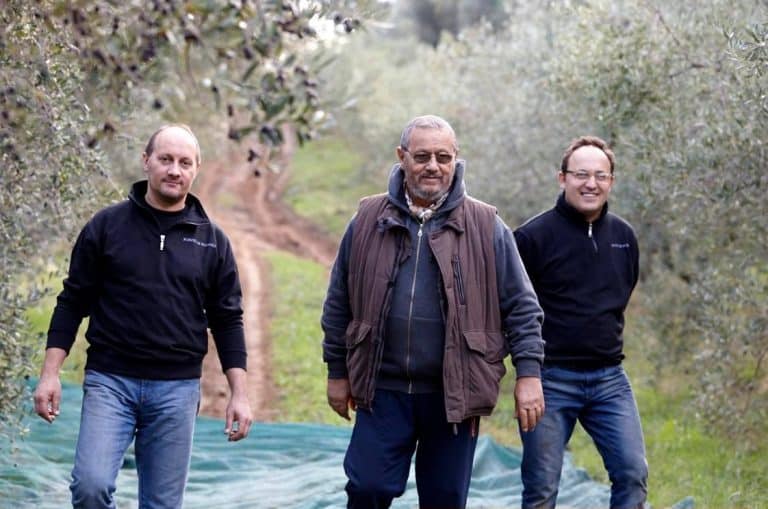
 “In Chianti, warehouses are full and prices are falling”. The economic crisis of Tuscan wine explained by Giovanni Busi
“In Chianti, warehouses are full and prices are falling”. The economic crisis of Tuscan wine explained by Giovanni Busi US tariffs will take effect on 1 August for everyone (including wine). Prosecco DOC: “it’s impossible to plan for the future
US tariffs will take effect on 1 August for everyone (including wine). Prosecco DOC: “it’s impossible to plan for the future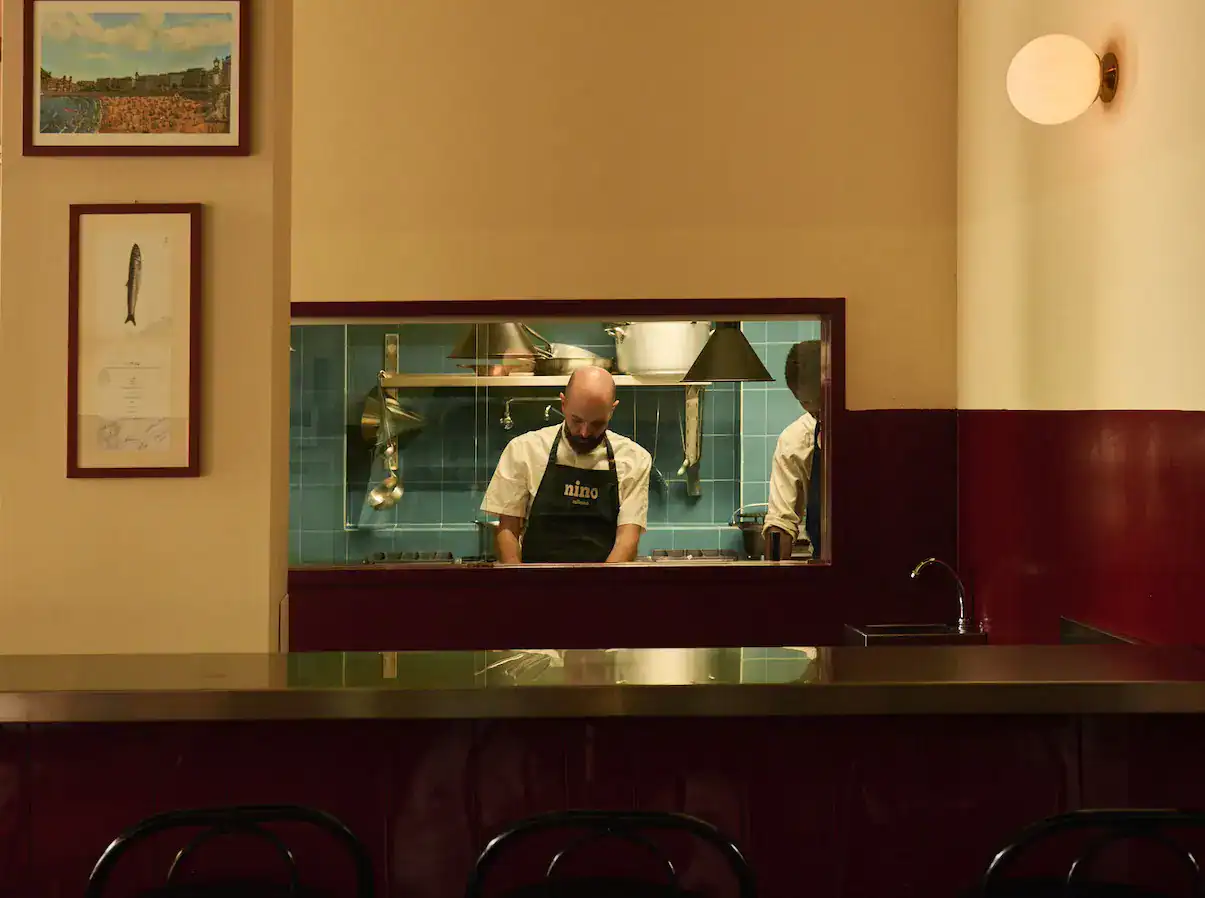 Diego Rossi of Trippa opens a new osteria: what you can eat at Nino Osteria con Cucina in Milan
Diego Rossi of Trippa opens a new osteria: what you can eat at Nino Osteria con Cucina in Milan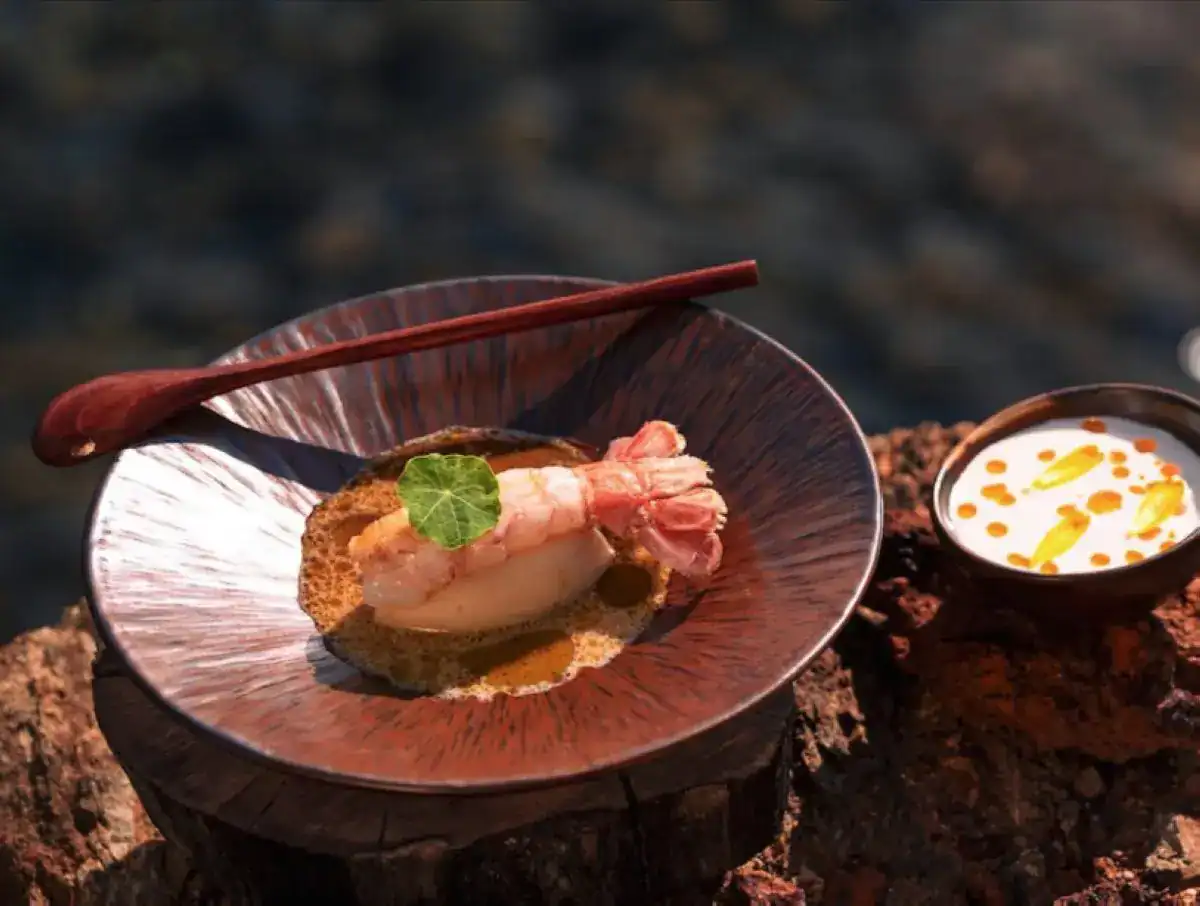 How you eat at Sentiero, the restaurant Elba Island was missing
How you eat at Sentiero, the restaurant Elba Island was missing
